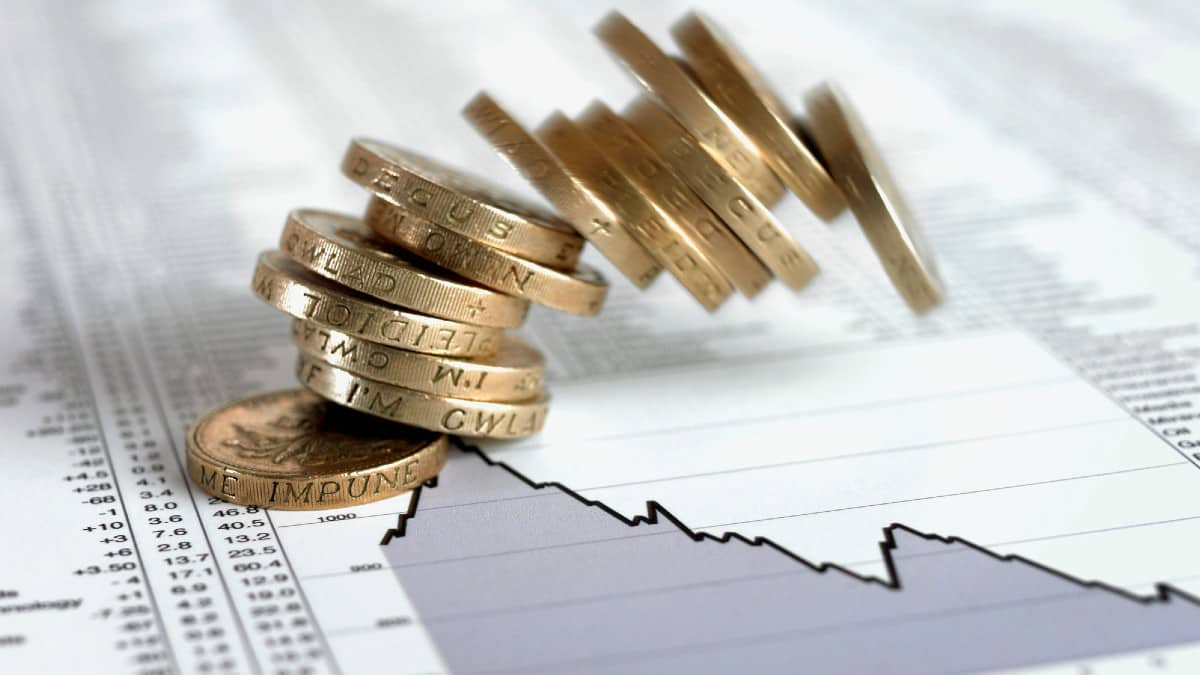Since the stock market crash last March, the British pound (GBP) has made large gains against the US dollar and the euro. For example, it currently trades at $1.39 and €1.15 respectively. Back in the middle of March 2020, it was trading at $1.18 and €1.07, significantly weaker than at the moment. Normally, I don’t need to pay much attention to currency moves as a stock investor. But sizeable shifts in my local currency do make a difference to my FTSE 100 stocks portfolio.
What’s the correlation?
The general rule of thumb is that as GBP appreciates in value, the FTSE 100 index should depreciate. This is because the majority of companies that are FTSE 100 stocks are net exporters. This means that the businesses trade more internationally than just in the UK. In itself, this isn’t bad. Yet when selling internationally, or having a cost base abroad, foreign currency is involved.
As the companies have to report here in the UK, denominated in GBP, a stronger pound can be a problem. For example, a company like Burberry sells a lot in Asia, accruing US, Hong Kong and Singapore dollars. It will have to sell these back into GBP at some point. A year ago, GBP was weaker, meaning the foreign currencies counted for a higher value. Now, GBP is stronger, the other currencies are relatively weaker and don’t count for as much.
The end result is that FX movement can decrease profit margins, and be an irritating cost that businesses have to deal with. Reduction in profit is one of the main reasons that FTSE 100 stocks tend to come under pressure when GBP rallies.
Now, I might be wondering if this has been the case over the past year. In short, yes it has. Consider the UK versus US markets. Over the past year, the FTSE 100 is up around 19%. Not bad, until you consider that the Dow Jones is up 40% in the same time period. There’s a 21% underperformance from the UK here. Is it a coincidence that GBP/USD has rallied by almost 19% in the past year? I don’t think so.
The outlook for GBP on my FTSE 100 stocks
I’m not going to claim that the FX rate has accounted for all of the difference between the UK and US markets. There are other factors in play. These include the impact of Covid-19, Government support, the selected companies included in the index and more. Yet I definitely need to keep an eye on the movement of GBP going forward, as it has a clear impact.
The key issue here is the outlook for GBP, as this will impact the FTSE 100 stocks I own. There doesn’t seem to be a clear consensus view, but from what I’ve seen it looks like GBP isn’t expected to rally in the same manner it has done recently. If it trades sideways for the rest of the year, then it should allow my FTSE 100 stocks to catch up in terms of performance.
If I think it will rally further, then I can look to reduce this FX risk via buying US stocks. Or I can buy companies than are importers, and are benefiting from a stronger pound instead.








